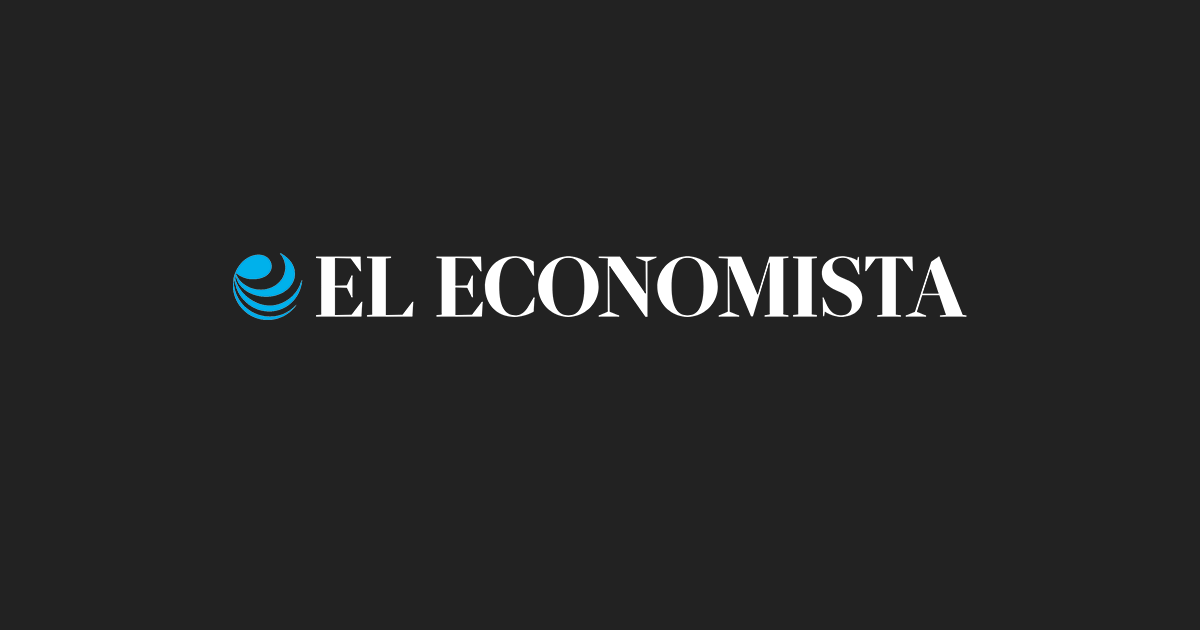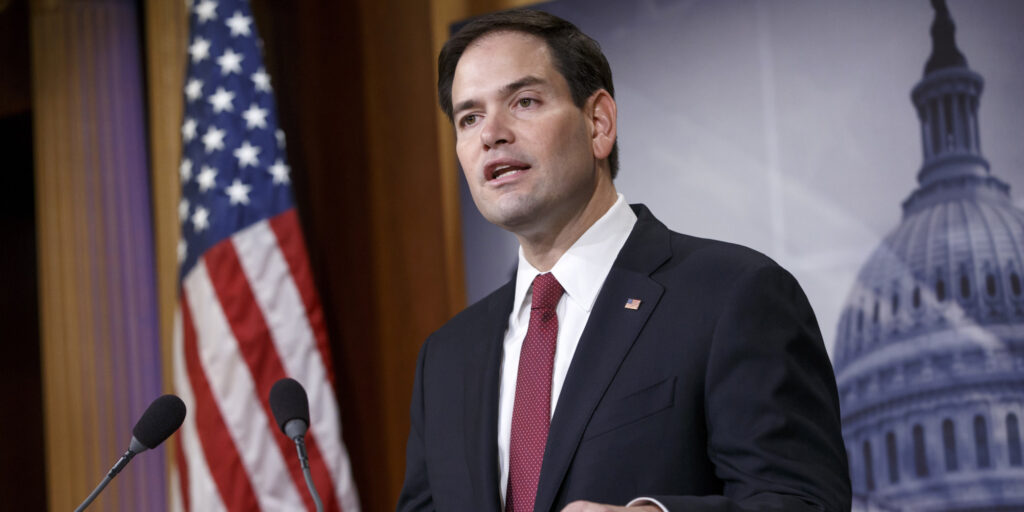Gustavo Petro, the new president of Colombia, proposed a tax reform that seeks to collect just under 2% of that country’s GDP. It is interesting how the tax reform is presented as part of a program that has the goal of reducing inequality. In other words, both the income and the expense that can be financed from it are progressive, since the additional money will be used to pay for new social programs, health and education.
In general, in Latin American countries, inequality indicators do not improve after taxes and expenses with respect to more developed nations. The most innovative measure is to establish a permanent tax on the wealth of people who have assets for around the equivalent of 15 million pesos. These people will also have restrictions to make tax deductions. People who earn the equivalent of more than 50,000 pesos per month will have progressive increases in income tax to the extent that they have higher incomes. In addition to that all profits in the stock market are taxed.
These measures will surely have positive effects to reduce inequality in terms of income, since taxes would fall on the population with higher incomes, but also on a certain middle class, but the increases would be greater as they increase. That is, not only would higher collections be obtained, but inequality would have to decrease. Other measures are to establish temporary taxes on companies that have extraordinary profits due to the current situation, such as financial and oil companies.
Other measures are the establishment of taxes on sugary drinks and ultra-processed foods. They resemble those that already exist in Mexico, but they are not identical. In the case of Colombia, the tax is established for every 100 ml of drink that contains sugar, it is intended that people consume smaller portions. In this case, the non-fiscal purpose is to reduce sugar consumption, as in the Mexican case. For ultra-processed foods, a 10% tax on sales is proposed, like a Mexican IEPS, on certain processed products. The measures are correct in terms of discouraging the excessive consumption of certain products that have potential negative effects on health and of collecting income that will eventually compensate the state for the expenses that will be incurred due to associated diseases. That is, the negative externalities to the society of that consumption are internalized.
Colombia’s tax reform experience is not unique. President Biden’s recent package of measures seeks to finance spending on clean energy with a minimum tax of 15% on companies with high cash flows. Similar to the IETU that operated in Mexico for several years. The idea is to limit the possibility of deductions. Gabriel Boric, the president of Chile, also proposed a tax on the wealth of people who have more than 5 million dollars. The tax discussions on the continent will surely not influence the Mexican fiscal package that will be presented in the coming weeks.
The current government has been able to finance its projects and the new social policies are spending cuts and inspection measures that have managed to increase revenue. It has been announced that no new taxes will be proposed. However, for the new government, the need to increase taxes will be inevitable, due to pressures on pensions and the need for new investments. Several fiscal ideas that are now being put on the table in the continent may be recovered in Mexico in the coming years.
Especially, we should rescue the idea that the evaluation of tax reforms must be evaluated based on the effects on income distribution before and after taxes and expenses. Now, the Mexican case presents a fundamental difference compared to the large economies of Latin America, practically no property tax is collected, a progressive tax, which can perfectly be promoted by a national policy that helps local governments to collect it.
Twitter: @vidallerenas

















